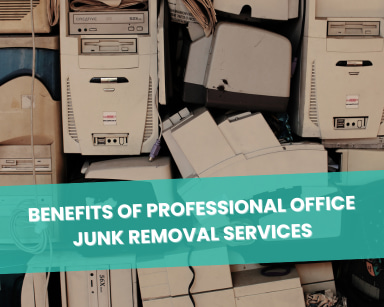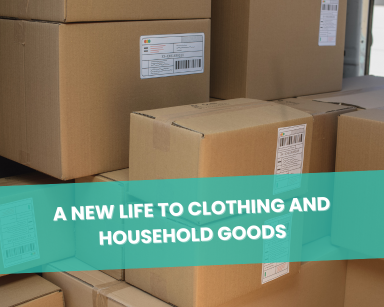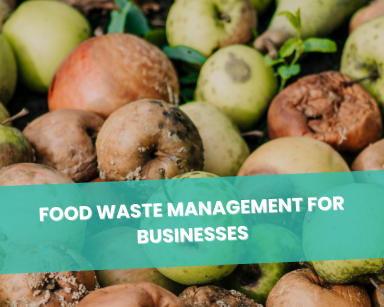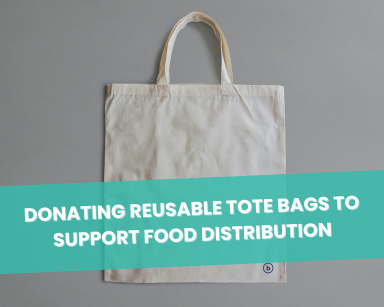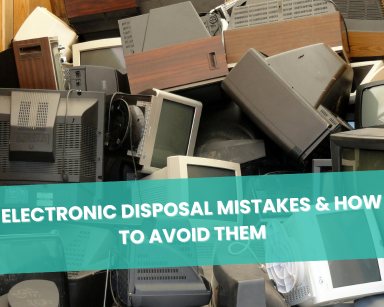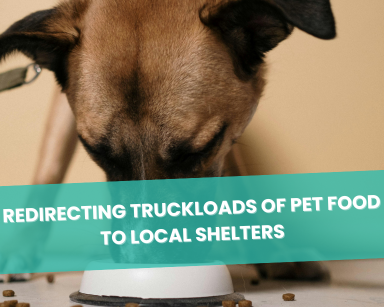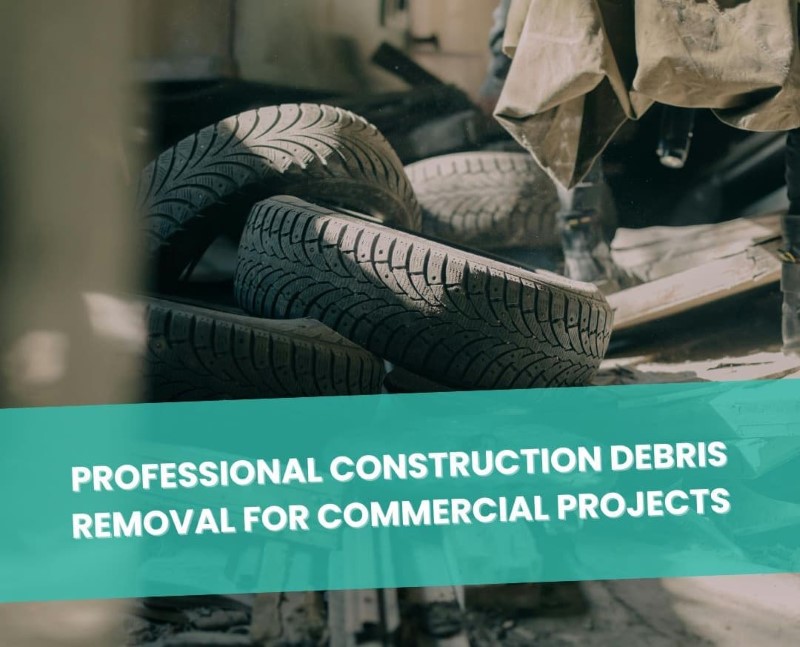Innovative and Effective Solutions for Recycling: Reducing Waste and Maximizing Impact
The growing waste problem is threatening our environment, and recycling offers a solution. To address this issue, both households and industries must adopt better recycling practices. Innovation and refined methods are needed to reduce waste and protect our planet. By improving waste management strategies, we can create a more sustainable future.
Both individuals and industries must adopt innovative recycling solutions. With the help of new technologies, we can increase efficiency and reduce waste. But personal responsibility is key, if we all work together, we can improve the effectiveness of recycling efforts.
Table of Contents
Recycling Solutions for Households
From kitchen to curb, our homes shape recycling’s future. Millions of households generate waste daily, but simple sorting can spark big changes. By adopting tailored solutions for recycling, families transform trash into treasure. Together, these small acts ripple outward, forging a cleaner world one bin at a time. Our collective efforts, multiplied across neighborhoods, hold the power to revolutionize waste management and preserve our planet’s resources.
Curbside Recycling Programs
Curbside recycling programs boost accessibility in many cities. Easy-to-use bins and regular pickups motivate more residents to recycle. Yet knowledge is crucial—understanding what’s recyclable ensures effective participation. These municipal initiatives simplify the process, making it convenient for households to contribute. With proper education, citizens can maximize their impact and reduce waste efficiently.
Curbside recycling varies widely. Paper, cardboard, and plastic bottles are common, but plastic bags and Styrofoam often aren’t accepted. To boost recycling efforts, households should minimize single-use plastics and embrace reusable options. This dual approach – proper sorting and reduced consumption – maximizes environmental impact.
Proper Disposal of Non-Recyclable Materials
Proper disposal of non-recyclables is crucial. Electronics, batteries, and hazardous waste demand special care. Never mix these with regular recycling. Communities often provide drop-off sites or host collection events for safe handling. Check local resources to dispose of these items responsibly and protect the environment.
Best Practices for Using Recycling Bins
Using recycling bins effectively is key to reducing contamination and improving the efficiency of solutions for recycling programs. Here are some best practices to follow:
- Know What Materials Are Recyclable: Cities vary in recycling policies, but paper, cardboard, glass, and metal cans are usually accepted. Plastics pose a challenge. Recycling programs don’t take all types, so identifying the plastic is crucial. Check local guidelines to ensure proper disposal. Responsible sorting also helps reduce waste and conserve resources.
- Avoid Common Contaminants: Rinse containers. Remove plastic liners from boxes. Discard greasy pizza cartons. These steps prevent spoilage of recyclable batches. Help keep the recycling stream pure.
- Separate Materials: Recycling methods vary by community. Single-stream systems allow all recyclables in one bin. Other areas mandate source-separation. For example, paper must be kept apart from plastics and metals. This separation prevents contamination and streamlines recycling. Following local guidelines ensures efficient processing of recyclable materials.
The Role of the Recycling Industry in Waste Management
From landfills to factories, recycling transforms waste into resources. This industry lightens environmental burdens while preserving nature’s bounty. Adapting swiftly, recyclers devise new ways to repurpose materials effectively. Their constant innovation ensures valuable substances don’t languish in dumps or go up in smoke. Instead, these materials find new life, reducing strain on virgin resources. The recycling sector evolves ceaselessly, refining processes to maximize reuse and minimize waste.
However, recycling’s journey has been tumultuous. Demand for reclaimed materials ebbs and flows, while international exports complicate the picture. Yet a shift is underway. Nations increasingly manage their own waste, spurring a circular revolution. This new paradigm reimagines product design, emphasizing recyclability and material reuse in manufacturing. As the industry evolves, it inches closer to a truly sustainable model.
How Recycling Partnerships Can Improve Efforts
Cities team up with companies to boost recycling. These partnerships spark innovation and growth in waste reduction programs. By joining forces, governments, businesses, and communities find better ways to recycle. Working together unlocks new solutions for recycling, improving systems across regions. Collaboration drives progress, making recycling more effective and widespread.
Innovative firms now recycle waste into new products, creating “closed-loop” systems. This approach slashes waste and boosts sustainability in raw material-dependent industries. The result? A more circular, efficient production cycle that benefits both business and the environment.
Innovations in Recycling Technology
Tech revolutionizes recycling amid growing obstacles. Innovative tools tackle new challenges, transforming material reclamation. Cutting-edge methods propel the industry forward, reshaping our approach to reuse. As hurdles mount, technology’s importance in recycling intensifies daily, offering a beacon of hope for sustainability.
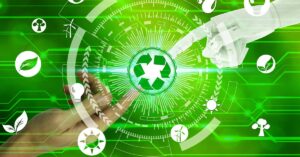
Also, chemical recycling revolutionizes plastic waste management. Unlike traditional methods, this process deconstructs plastics to their basic chemical building blocks. The result? High-grade materials are reclaimed for new product creation, expanding recycling possibilities beyond mechanical limitations. This innovative approach transforms how we view and reuse plastic waste.
On top of this, discarded plastic bottles find new life as eco-friendly clothing and home goods. This innovative process, known as upcycling, transforms waste into valuable products. Unlike traditional recycling, upcycling elevates materials to higher-value uses. It reduces the demand for virgin resources while producing sustainable goods. As an emerging trend, upcycling offers creative solutions to our throwaway culture.
Happen Ventures: Leading the Way in Sustainable Recycling
Happen Ventures transforms trash into treasure, championing eco-friendly innovation. We slash waste, breathe new life into discarded materials, and craft recycling breakthroughs. Our mission: to nurture a greener world while empowering communities.
Innovative recycling transforms waste into opportunity. We partner with local groups to revolutionize the industry. From construction debris to plastics, our projects unlock hidden potential in what others discard.
We strive to slash landfill waste and fuel a circular economy. Our goal: products designed for endless recycling, reuse, and repurposing. This approach minimizes waste while maximizing resource efficiency.
Conclusion
Tackling waste and safeguarding our planet demands smart solutions for recycling. Households, armed with curbside programs, are joining forces with tech-savvy businesses to make a difference. Every action matters. By amplifying recycling’s impact through meticulous practices, we prevent contamination, and leverage cutting-edge innovations. Together, we forge a cleaner, greener future—one recyclable at a time.
Happen Ventures leads the charge in sustainable recycling, transforming waste from burden to resource. We envision a world where every discarded item fuels progress, benefiting humanity and Earth alike. By embracing effective, universal solutions for recycling, we catalyze change. Each small step ripples outward, creating a cleaner, greener future for all. Join us in revolutionizing waste management and building a more sustainable world.


